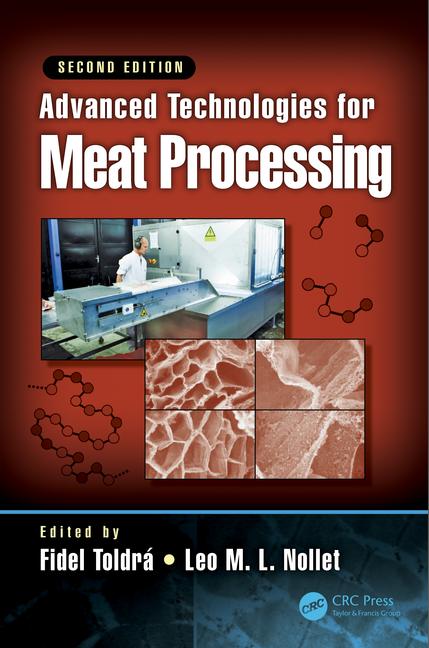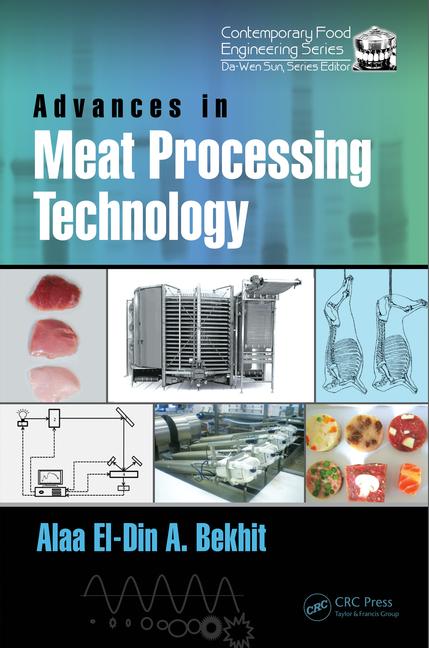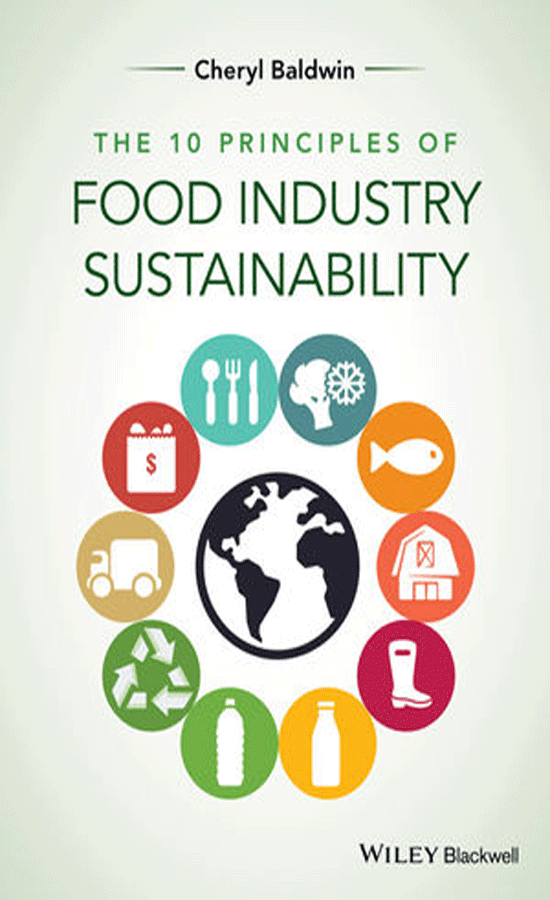In a series of TED Talks, six DuPont Nutrition & Biosciences’ scientists present powerful science to help solve some of the world’s most pressing sustainability challenges. Among others, the research relates to enzymes for more sustainable consumption, alternatives to antibiotics in livestock production, reducing environmental impact in oilfields and tackling the worldwide obesity pandemic by harnessing the human gut microbiota.
These scientific advances were revealed in a series of TED talks as the culmination of a collaboration between DuPont and TED. TED’s world-renowned platform gave the scientists an opportunity to showcase some of the most impactful innovations coming out of DuPont Nutrition & Biosciences.
“A deep passion and curiosity for science and how we can use science to create more sustainable solutions for tomorrow is the core of DuPont Nutrition & Biosciences. The six TED Talks give a unique insight into the aspirational research our scientists work with across a variety of fields and are a great presentation of how we work to discover new innovations,” said Angela Naef, DuPont Nutrition & Biosciences Technology & Innovation Leader.
Using brain scans to understand taste response for more nutritious and sustainable food products - Camilla Arndal Andersen, Ph.D., Scientist
Camilla Arndal Andersen presented her research on how food flavours provoke specific brain response. By using brain scans, studies of food perception are no longer limited by vocabulary or the capacity of the conscious mind. In fact, her studies show that our bodies react to flavor differences even though we are not consciously aware of them. Unconscious food attributes may therefore prove to be vital to food experience and could be used to replace traditional ingredient sources with healthier or more sustainable options without sacrificing taste.
View Camilla Arndal Andersen’s presentation at: dupontnutritionandbiosciences.com/ted
Tackling the worldwide obesity pandemic with early gut microbiota - Henna-Maria Uusitupa, Ph.D., Senior Scientist & Technical Lead of Infant Health
Henna-Maria Uusitupa examines the role of infant gut microbiota on overall health later in life. Research indicates that the beneficial bacteria we acquire as infants helps keep us healthier, even as adults. Consequently, disruptions in early gut microbiota development, caused by C-section birth, antibiotics and environmental as well as nutritional factors might have a crucial role in the development of overweight and obese conditions, which are increasingly prevalent in children and adolescents. Henna-Maria Uusitupa’s research deals with how customized pre- and probiotic products could reintroduce the lost beneficial microbes to infants and children to tackle worldwide health problems such as the obesity pandemic.
Henna-Maria Uusitupa’s presentation will be available in early 2020 on dupontnutritionandbiosciences.com/ted
Raising animals without antibiotics in a sustainable and healthy way - Leon Marchal, Ph.D. and Innovation Director
The rise of multi-resistant bacteria poses an increasing risk to global health and one of the main causes is overreliance on antibiotics in animal production industry. Leon Marchal’s research has uncovered novel and alternative ways to supplement the role of antibiotics. It shows that by using a holistic science-based approach, we can feed 10 billion omnivores sustainably, reducing the use of antibiotics and the evolution of multi-resistant bacteria.
Leon Marchal’s presentation will be available in early 2020 on dupontnutritionandbiosciences.com/ted
Transform and optimize oilfield systems with molecular biology – Geert van der Kraan, Ph.D., Research Scientist, Discovery and Applications
Geert van der Kraan focuses on how molecular biology can be used to impact oilfield systems. His goals are threefold: optimize and reduce the amount of chemicals used by making dosing more effective and treating the system as needed; improving the overall management of production — and injection — of water systems to extend the lifespan of a well or reservoir; and reduce the amount of sulfide in topside facilities, making the work associated with oil production safer for employees and the environment. Geert’s research is helping halt and potentially reverse land degradation of oil production.
View Geert van der Kraan’s presentation at: dupontnutritionandbiosciences.com/ted
Enzymes as tailor-made catalysts and the green choice for contemporary chemistry and microbiology – Adam Garske, Ph.D., Senior Scientist
Recent advances in enzyme engineering and directed evolution make possible the design of tailor-made catalysts for a variety of purposes. In his research, Adam Garske explores how scientifically modified enzymes can help solve urgent problems, such as plastics degrading enzymes or by improving the efficiency of common household products like laundry detergent and dish soap. New products that incorporate these innovations allow consumers to do more with less, ultimately reducing global consumption and waste.
Adam Garske’s presentation will be available in early 2020 on dupontnutritionandbiosciences.com/ted
Everyday science in our homes: Using enzymes for more sustainable households – Vicky Huang, Scientist and Application Specialist
Vicky Huang’s research deals with the considerable science that goes into household products, e.g., uncovering how enzymes can replace harsher and non-biodegradable ingredients in household products, ultimately enabling consumers to live more sustainable lives.
View Vicky Huang’s presentation at: dupontnutritionandbiosciences.com/ted








